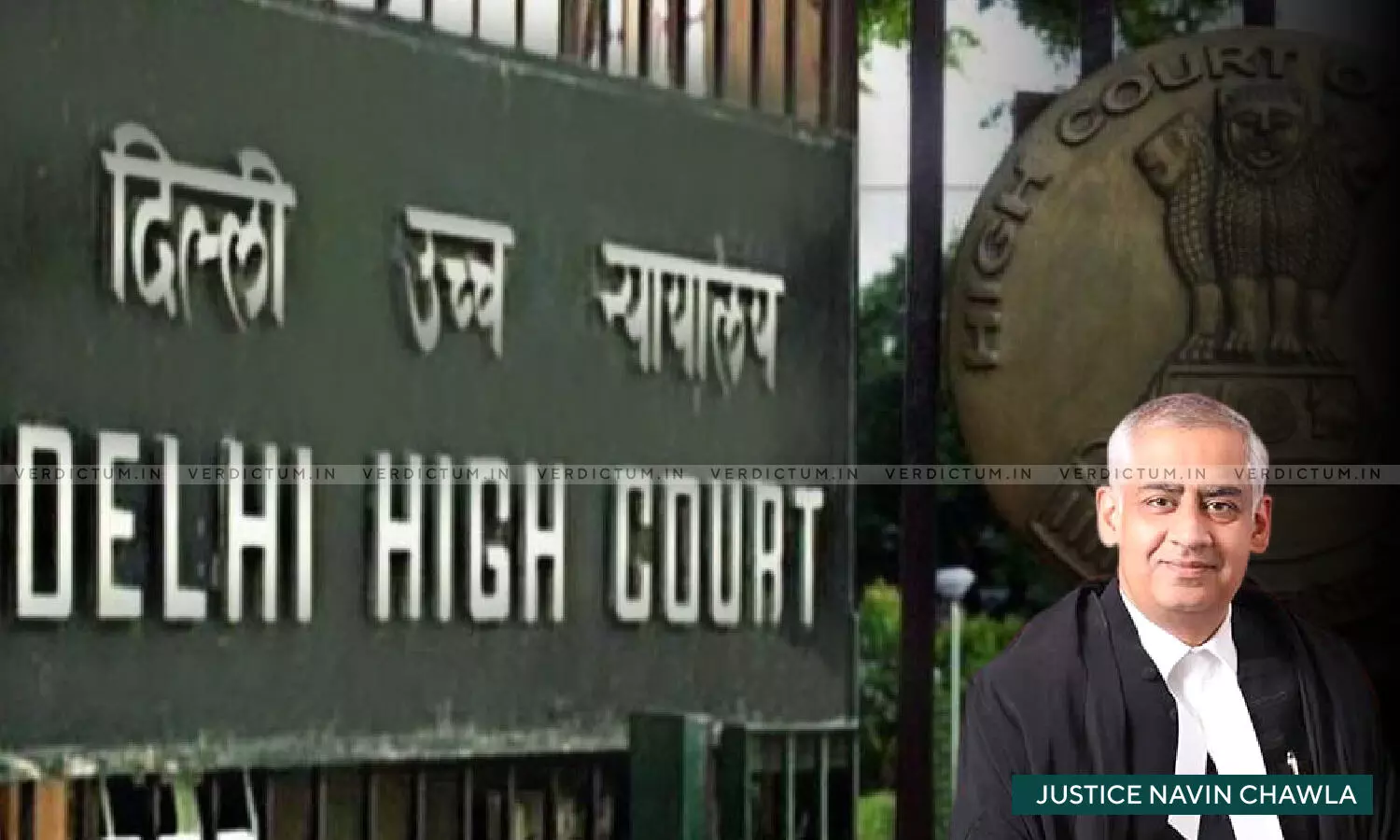
Pronounce Judgments On Conviction Only When It's Ready; Immediately Supply Free Copy To Accused: Delhi HC
 |
|The Delhi High Court ordered the judicial officers to pronounce judgments on convictions only when they are ready for pronouncement and to provide a free copy immediately to the accused.
The court acknowledged the trial court's action of denying both statutory and constitutional rights to an accused by taking him into custody without providing a copy of the judgment on conviction as "inappropriate."
A Single Bench of Justice Navin Chawla observed, “In the present case, not making available a copy of the judgment on conviction to the accused, and taking them into custody, in my view, therefore, was inappropriate on the part of the learned Trial Court and denial of not only a Statutory Right but also a Constitutional Right to the accused, as the judgment was not read as a whole in open court…The learned ASC (Crl.) and the learned APP, however, state that this would, at best, be a procedural lapse and should not vitiate the proceedings/the judgment on conviction passed by the learned Trial Court…I am in agreement with their submission.”
Advocate Kamlesh Kr. Mishra represented the petitioners, while ASC Amol Sinha appeared for the respondents.
A petition was filed under Article 226 of the Constitution of India and Section 482 of the Code of Criminal Procedure (Cr.P.C.) to declare the arrest of an accused as illegal due to the lack of a judicial order convicting them.
The trial court had recorded the accused’s statements under Section 313 Cr.P.C. and directed them to deposit bail bonds per Section 437A Cr.P.C. When they appeared in court, they were taken into custody without receiving any orders detailing the reasons for their arrest. The petitioners tried to obtain a copy of the arrest order, but their application was not recorded, and the trial court deferred issuing the order.
The High Court noted that the arrest order was uploaded on the court's website, but the conviction judgment was still unavailable.
“Making available a copy of the judgment, at least, for the perusal of the accused or his/her pleader, is vital as the accused can avail of a remedy of appeal against the Order/judgment of conviction immediately without awaiting the Order on sentence. The accused is also entitled to know the reason for his conviction and why he/she is being arrested and his/her liberty being taken away,” the Court remarked.
However, the Court concurred with the prosecution's stance that failure to provide conviction judgments to an accused before arrest constituted a procedural lapse and should not vitiate the proceedings or the judgment on conviction by the trial court.
Consequently, the Court ordered the trial court to sensitise the presiding judicial officers to pronounce their judgments on conviction only when ready and “in case where they are convicting the accused and taking the accused into custody, immediately supply a copy thereof, free of cost, to the accused for the accused to avail of the remedies available to them in accordance with law.”
Accordingly, the High Court disposed of the petition.
Cause Title: Munna Singh & Anr. v. State of NCT of Delhi & Ors. (Neutral Citation: 2024:DHC:4267)
Appearance:
Petitioners: Advocates Kamlesh Kr. Mishra, Renu, Manya Mishra, Dipak Raj Singh, Yashvardhan and Shivani Verma
Respondents: ASC Amol Sinha; APP Aman Usman; Advocates Kshitiz Garg, Ashvini Kumar, Zhavi Lazaru, Shashank Garg and Aradhya Chaturvedi